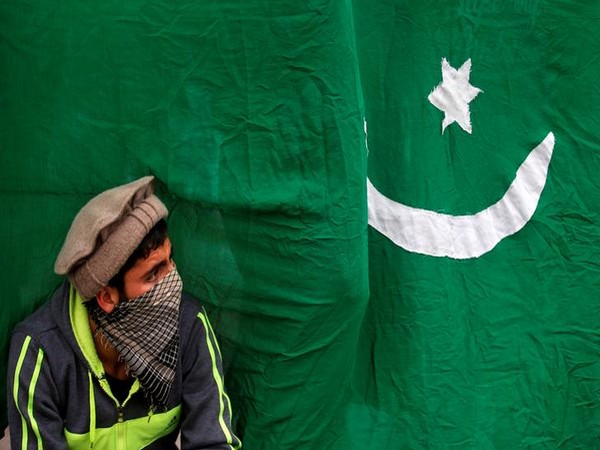Burgeoning inflation and a deepening cost-of-living crisis have left millions of people across Pakistan struggling to put food on their tables. In a bid to lift some burden off low-income families during Ramzan, provincial governments announced plans to distribute flour bags. However, unorganised distributions in parts of Khyber-Pakhtunkhwa resulted in stampedes, Tribune reported.
A man was killed in Charsadda, and several others were injured in Swabi and Kohat. Another man in Bannu died after the boundary wall of a flour mill collapsed ahead of flour distribution. In the Hasilpur Tehsil of southern Punjab, at least five women were injured in a stampede at a free flour distribution point.
In January, a man was killed during a stampede at the sale point of subsidised flour in Mirpurkhas. Mill owners have halted production due to insufficient supplies while provincial governments claim that mill owners are hoarding subsidised wheat supplies and arbitrarily raising flour prices. It is the public that has to bear the brunt of this tussle between mill owners and the authorities, Tribune reported.
People are forced to risk their lives to gain something as basic as wheat, which should be guaranteed by the government.
Pakistan, which was once self-sufficient in wheat and supplied cereal to other countries is now compelled to import wheat due to decades of administrative mismanagement and incompetence. The least the government can do is offer people flour in a dignified and safe manner, Tribune reported.
Distribution drives should be carried out with proper planning to prevent squabbles and tragic events. Soaring food prices and flour shortages will augment the risks of famine and hunger. The government should intervene to prevent mill owners as well as utility stores and retailers from creating artificial shortages and raising prices. The low-income and vulnerable segments of the population must be protected and facilitated during this grim situation, Tribune reported.

